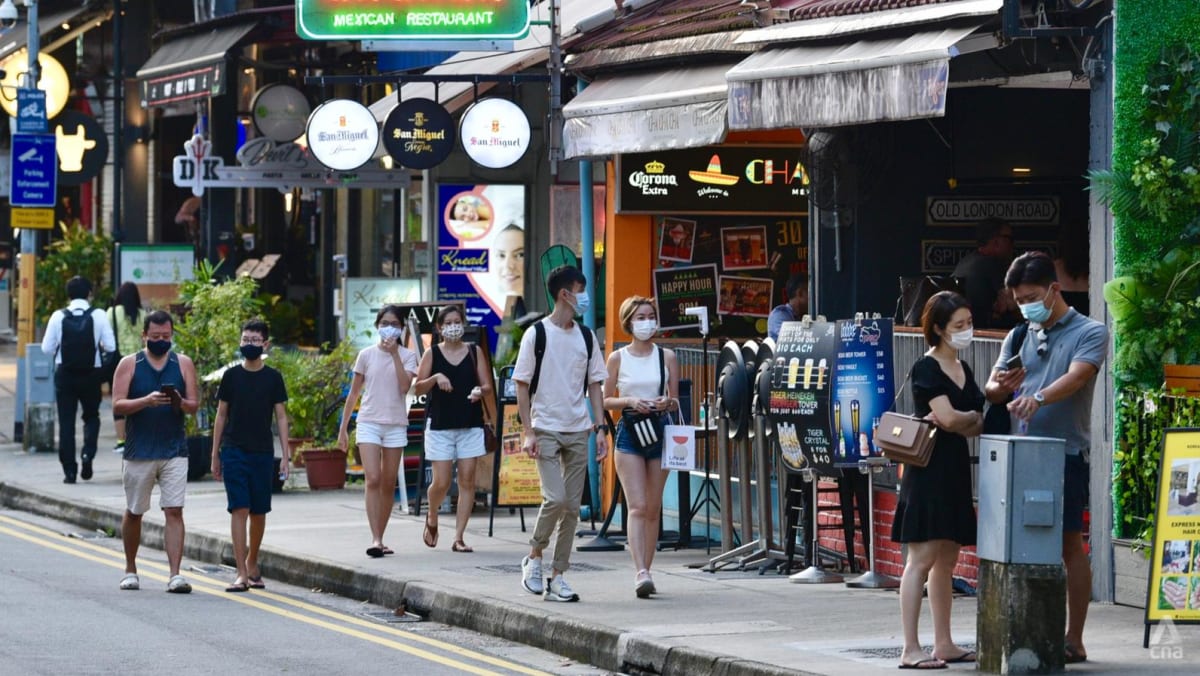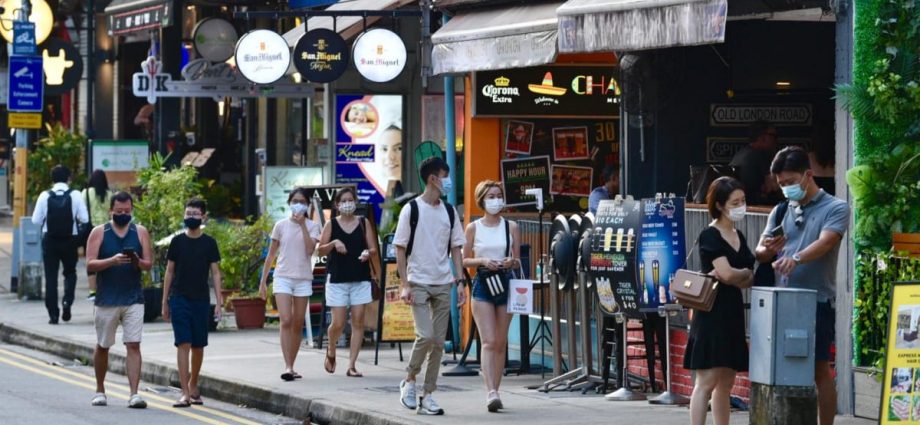
SINGAPORE: Preparations for the next pandemic, greater scrutiny on public spending and improvements to standards of migrant workers’ dormitories were among issues raised on Monday (Mar 20) as the House debated a White Paper that reviewed the government’s COVID-19 response.
Over nearly six hours, 19 Members of Parliament (MPs) – including Leader of the Opposition Pritam Singh – aired their views on the White Paper released earlier this month.
Office holders, such as Manpower Minister Tan See Leng and Minister of State for Social and Family Development and Home Affairs Sun Xueling, also weighed in.
The White Paper, published on Mar 8, drew on a review conducted by former head of civil service Peter Ho, and included interviews with ministers and civil servants.
It also included findings of reviews by various government agencies and perspectives from the people and private sectors.
The White Paper identified six areas where the government could have done better, such as its handling of the outbreak in migrant worker dormitories, its mask-wearing policy early in the pandemic, border measures, contact tracing and the transition to endemic COVID-19.
Speaking before the debate, Deputy Prime Minister and Finance Minister Lawrence Wong acknowledged that there were areas where the government could have done better, adding that its response to COVID-19 was “by no means perfect”.
“We have been forthright and transparent about this, so that we can learn from our experiences.”
He said that a dedicated centre for public health as well as a team that will anticipate and monitor risks will be set up to better prepare Singapore for the next pandemic.
PREPARING FOR THE NEXT PANDEMIC
During the debate, several MPs asked if more can be done in areas such as supply chains for key medical devices and vaccine development capabilities.
MP Tan Wu Meng (PAP-Jurong), for instance, wanted to know if the supply chain of “battle armours” for healthcare frontliners such as face masks and surgical gloves were being mapped to avoid concentration risks and assessed for potential vulnerabilities.
Singapore can also aspire to build up its capabilities in vaccine development and production within the country, as well as in areas such as the studying of new viruses and pandemic surveillance, he added.

